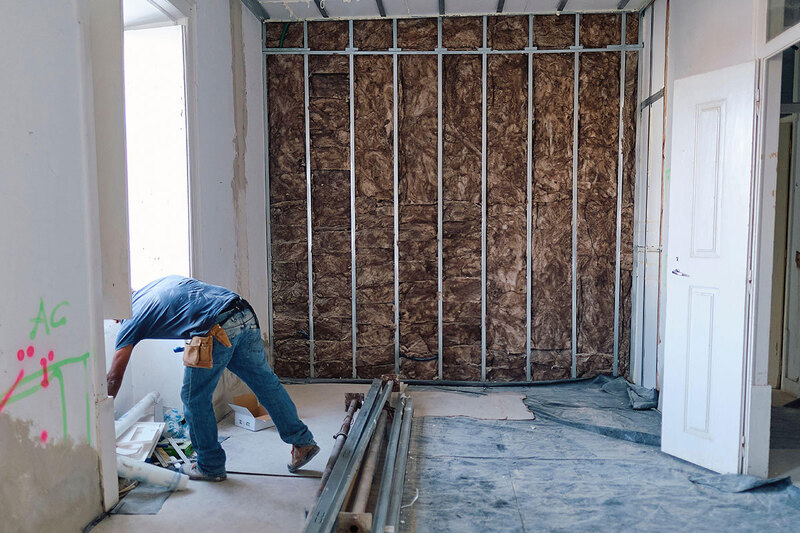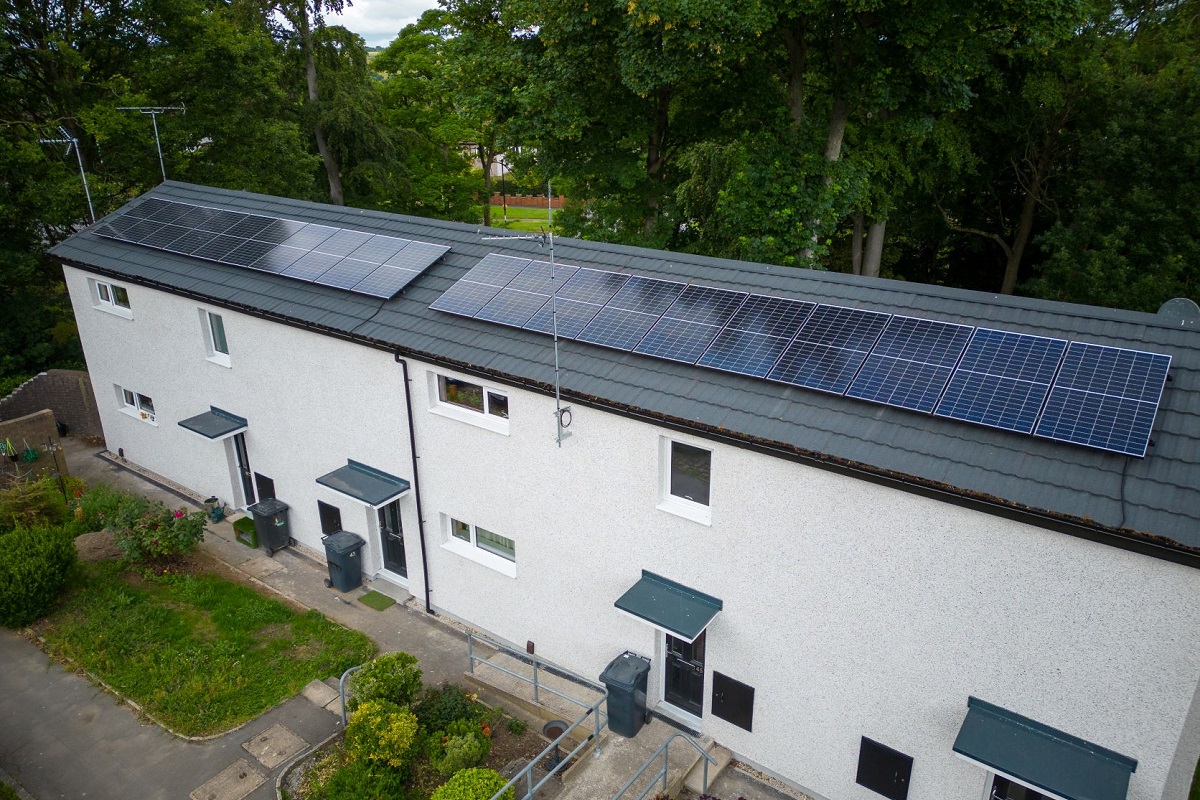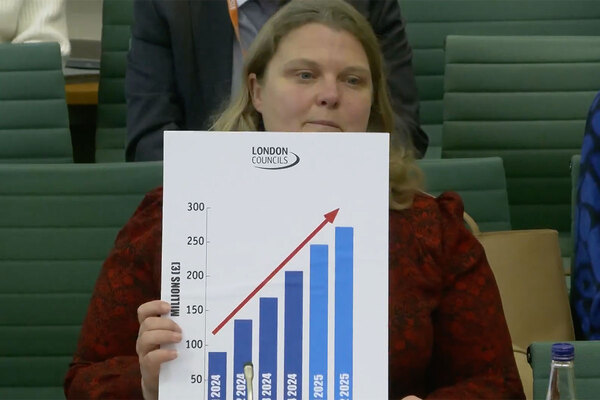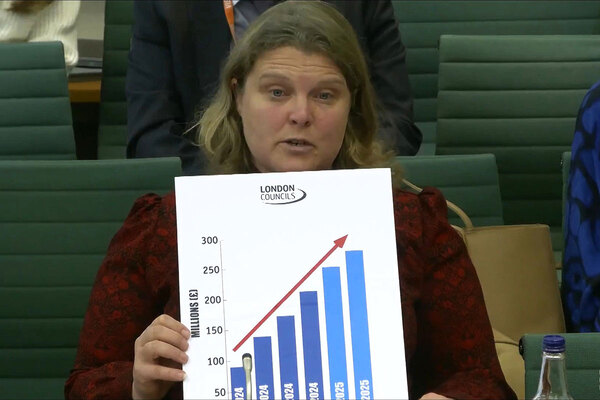SHDF funding timelines should be extended, thinktank says
The government should extend the funding timelines attached to its Social Housing Decarbonisation Fund (SHDF) to enable a more “strategic” and “cost-efficient” approach, a thinktank has found.
A new report from the centre-right Centre for Social Justice (CSJ) also called on the government to judge SHDF applications by their social value, including opportunities to upskill or employ local people.
The report, Better Insulate Than Never, was commissioned by the Greener Futures Partnership, a consortium of five large housing associations that received £40.4m of grant funding from Wave 2 of the SHDF.
It has found that while the social housing sector has a better median energy efficiency than the UK’s housing stock average, it is still behind on the trajectory to achieve net zero by 2050.
Skills gaps, a lack of funding certainty and low supply-chain capacity are “collectively slowing progress”, it argued.
The government is spending hundreds of millions on decarbonisation through the SHDF, with Wave 1 offering £160m to landlords in August 2021 and Wave 2.1 distributing £778m in March 2023.
Wave 2.2 of the SHDF is worth £80m, with applications expected to open in mid-November.
To make this money “work harder”, the CSJ said the government should “provide funding certainty over longer timeframes, enabling a more strategic approach”.
The Department for Energy Security and Net Zero (DESNZ) should “extend funding timelines” for the SHDF, which would allow for a “more cost-efficient approach” to housing decarbonisation by “building supply chain confidence and enabling fund applicants to plan longer term”.
In addition, to “strengthen the local legacy of SHDF funding”, the CSJ urged the DESNZ to include a social-value standard within the criteria for future waves of the fund.
“Requiring applicants to consider opportunities to maximise social value – for example by upskilling and/or employing local people – will ensure local authorities and registered providers think creatively about how they deliver decarbonisation, eking out as much public value as possible from government funds,” it said.
It also recommended that the Department for Levelling Up, Housing and Communities (DLUHC) should work with housing associations to develop employment and skills programmes.
“Owing to the long-term nature of the relationships housing associations have with their tenants, they are well placed to offer sustained support that is tailored to both the individual and the local labour market,” the report said.
“Central government should encourage and support this where possible,” the CSJ added.
It also urged the DLUHC to include “comprehensive retrofit standards” in the forthcoming consultation on energy efficiency in social housing. “Providing the industry with a clear set of standards – comparable to the Future Homes Standard – will support the delivery of quality retrofit at scale,” it said.
The report said the UK Infrastructure Bank, a state-owned entity intended to help with the net-zero transition, should prioritise its role in delivering funding to support retrofit at scale.
Greater clarity as to what the bank could support would “encourage market participants – including local authorities and housing associations – to apply”, it added.
The report cited figures from the Energy Efficiency Infrastructure Group which suggest that bringing all social homes up to Energy Performance Certificate Band C would support nearly 130,000 jobs in housing retrofit in England.
Gary Orr, chair of the Greener Futures Partnership, said: “Funding, training, skills and regional delivery are areas that need attention. If they get it, not only does it bring major benefits for the millions of people in social housing, but delivers tangible solutions to tackle the patent skills gap, as well as the economic inequalities across significant parts of the country.”
A DESNZ spokesperson said: “We are investing £6.6bn in clean heat and energy efficiency, with a further £6bn of new funding from 2025 – providing long-term funding certainty, supporting the growth of supply chains, and ensuring we can scale up delivery over time.
“An extra £80m specifically for the Social Housing Decarbonisation Fund has been provided to make social housing more energy efficient while delivering energy bill savings of around £240 a year for some of the lowest-income households.
“We are also funding a skilled and robust supply chain with the £5m Heat Training Grant alongside the Home Decarbonisation Skills Training Competition - which has delivered at least 16,000 training opportunities in the energy efficiency, retrofit and low carbon heating sector.”
Sign up for our daily newsletter
Already have an account? Click here to manage your newsletters












